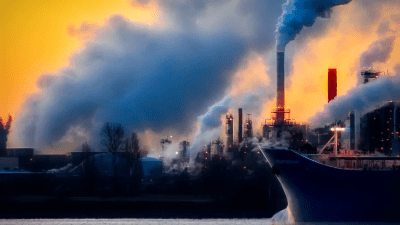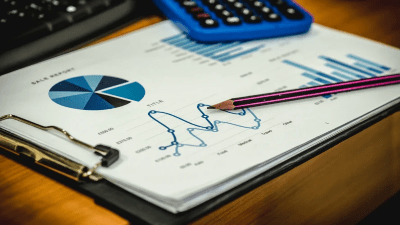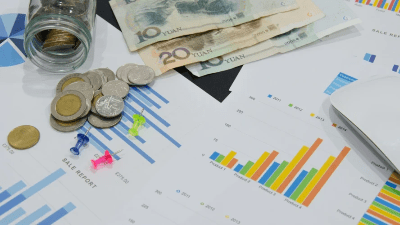
- About the initiative
- …
- About the initiative
- About the initiative
- …
- About the initiative
IPC Road Transition Taxonomy launched
The document aims to promote the transition of road infrastructure by proposing voluntary criteria for its assessment and categorization.
Dashboard with Results of IPC Last Climate Engagement Cycle Launched
Launch of Version 2.0 of the Financed Emissions Calculator
This tool makes it easier to calculate the financed emissions of an investment portfolio through a measurement framework for Scope 1, 2 and 3 emissions.
A Conversation About Carbon: Key Concepts and Perspectives for the Brazilian Scenario
Read the first article published by the initiative.
Why decarbonize?
The impacts of climate change on assets, its risks, opportunities and the role of professional investors

Climate change
While we have seen cycles of climate change throughout history, the current trend of rising temperatures is especially noteworthy, as it is directly linked to human activities on Earth. According to studies by the Intergovernmental Panel on Climate Change (IPCC), since the end of the 19th century, the average global temperature has risen by nearly 1.2°C. A significant portion of this increase has occurred in the last 35 years.
One of the most significant effects of this phenomenon is the higher incidence of extreme events, such as droughts, floods and strong winds, which can damage economic activities, infrastructure, and the population’s health. A study by the UN Office for Disaster Risk Reduction (UNISDR) estimates that from 1998 to 2017 global economic losses directly caused by disasters reached USD 2.9 trillion, out of which USD 2.25 trillion – or 77% – were due to extreme weather events. This amount represents an increase of 151% compared to the period from 1978 to 1997.

Impacts on financial assets
Climate change has systemic effects that impact all economic agents, including professional investors. Because they have long duration portfolios and global exposure, these investors are subject to both short-term losses arising from extreme weather events (such as droughts, floods and hurricanes) and longer-term losses like the financial impacts from the transition to a low-carbon economy, which could result in stranded assets.

Fiduciary duty
When managing assets on behalf of a group of different individuals, professional investors take on the fiduciary duty of safeguarding these investments continuity and sustainability. ESG integration, including the climate change theme, is key in fulfilling this pact, because it enables risk identification, measurement and mitigation, helping create value through investment management.




